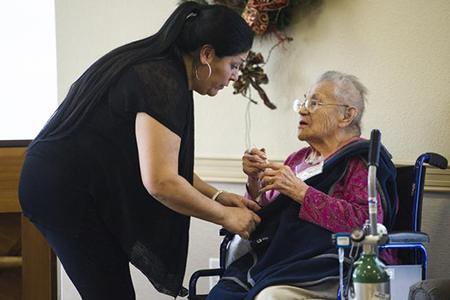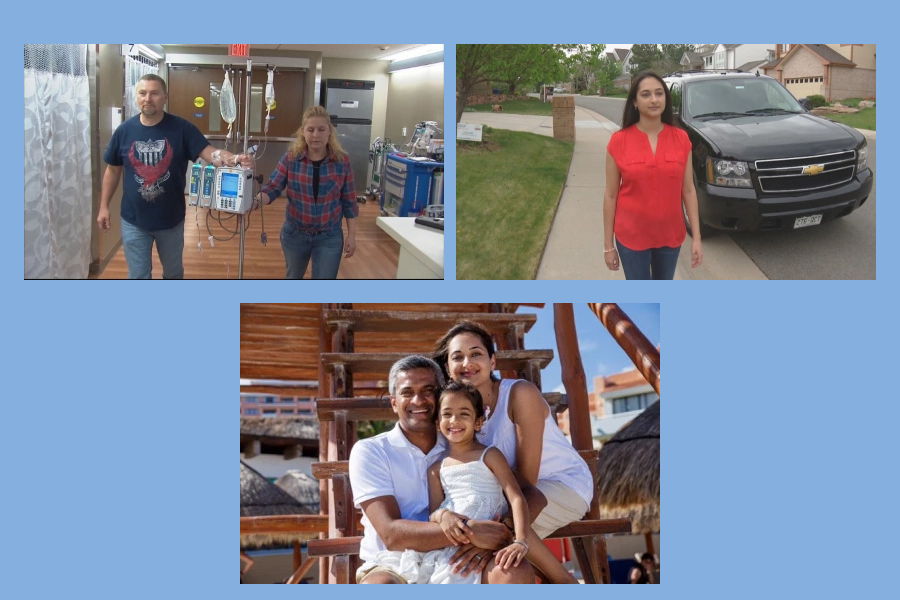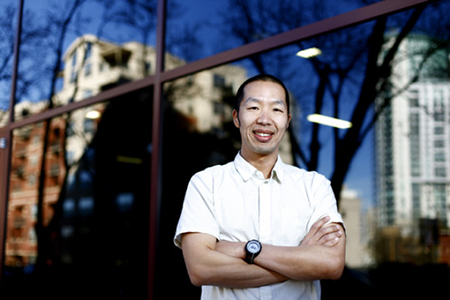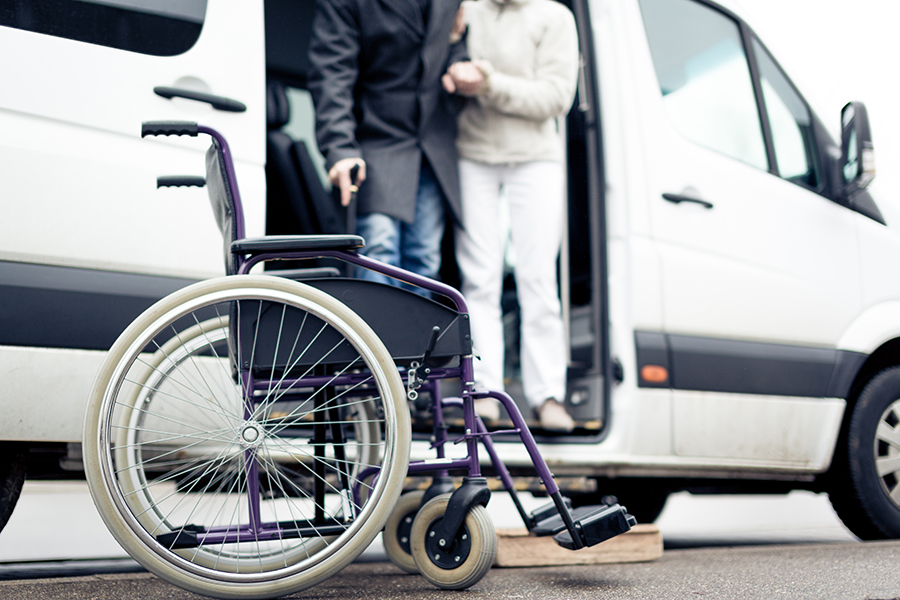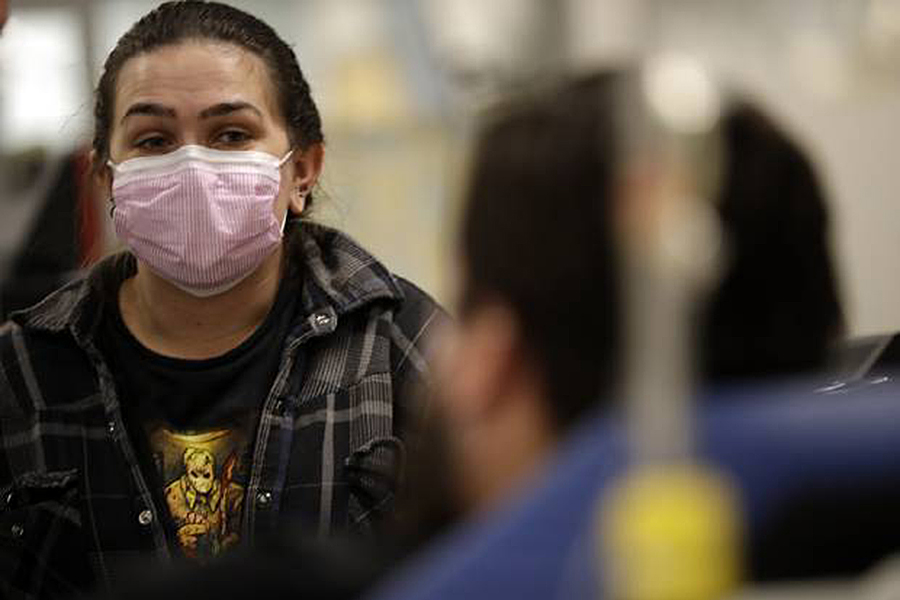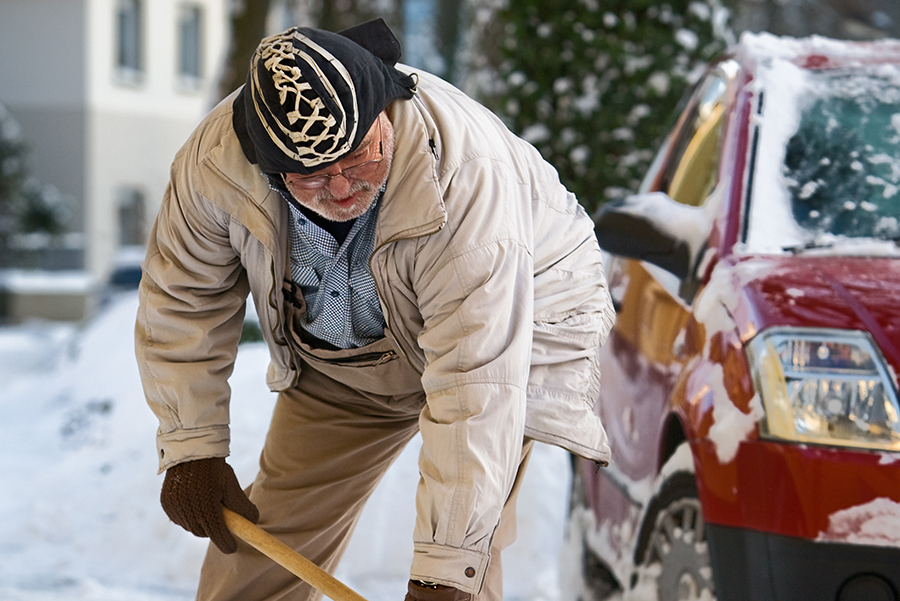By Tom McGhee for The Denver Post
Over the next 15 years, the number of people 60 or older in Colorado is expected to more than double, boosting the need for long-term care and services that enable older adults to live independently in their homes.
Keeping needy senior citizens in their homes will require an expansion of services like transportation, meals-on-wheels, counseling and nutrition education, according to the Colorado Department of Human Services.
To meet that need, the agency is asking for an additional $4 million next year, which would raise state funding for Area Agencies on Aging to $21.3 million.
“We have to make sure our budget reflects seniors as a priority. This $4 million will ensure that we have services that are needed to keep our seniors in their homes,” said Rep. Steve Lebsock, D-Thornton, who plans to introduce a bill seeking the money for senior services.
The graying of the workforce is a historically unprecedented demographic shift that will continue past 2040, said Bob Semro, health policy analyst for The Bell Policy Center.
The implications of as many as 1 million baby boomers leaving Colorado’s workforce will have enormous impact on the state’s tax base, Semro said. Not only will the income that older adults pay in taxes shrivel, employees who have older family members will be losing days at work to take care of their relatives.






